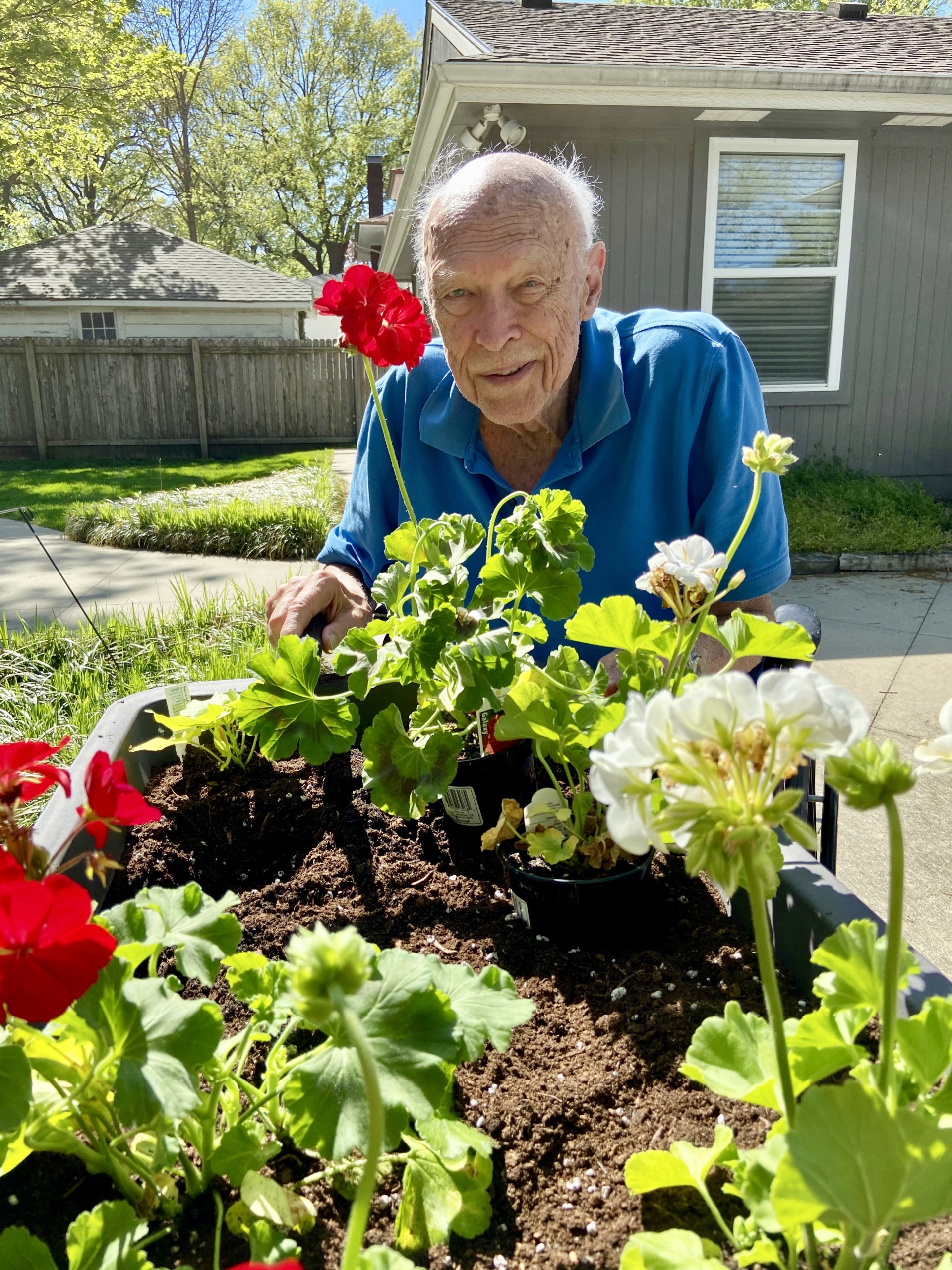Charlotte Memory Care: Specialized Take care of Alzheimer's and Dementia
Charlotte Memory Care: Specialized Take care of Alzheimer's and Dementia
Blog Article
What to Anticipate in Memory Treatment: A Detailed Guide to In-Home Solutions
As families come to terms with the challenges of caring for someone with memory loss, the realm of in-home solutions supplies a lifeline of assistance and specialized care. Recognizing what to anticipate in memory treatment is essential for making sure the wellness of both the individual with memory impairment and their caretakers.
Daily Routines and tasks
Engaging in organized everyday tasks and regimens is a fundamental element of providing high quality care for individuals in memory treatment facilities. These tasks are carefully designed to satisfy the specific requirements of citizens with cognitive impairments, such as Alzheimer's condition or dementia. Daily routines play an essential function in keeping a sense of experience, security, and function for people in memory treatment.

Moreover, daily routines assist people in memory treatment centers to feel more oriented and less nervous. Consistency in timetables and activities can reduce confusion and agitation, supplying a feeling of security and convenience. Caretakers and team member play a critical role in facilitating these activities, guaranteeing that each resident gets customized and caring treatment customized to their special choices and capabilities.
Specialized Treatment Solutions
Within memory treatment facilities, specialized care services are important to resolve the special demands and obstacles encountered by people with cognitive disabilities such as Alzheimer's illness or dementia. These services are designed to provide customized assistance that satisfies the particular demands of residents dealing with memory loss. Specialized treatment solutions in memory care centers frequently include personalized treatment plans, help with tasks of everyday living, medication monitoring, and behavior modifications focused on improving lifestyle and minimizing distress.
Moreover, memory treatment facilities typically supply organized programs and activities especially made to promote cognitive function and advertise social engagement amongst locals. These activities might include memory-enhancing workouts, sensory stimulation treatments, and reminiscence treatment sessions. Additionally, specialized treatment solutions frequently entail routine surveillance of citizens' health and health by qualified staff participants who are furnished to handle the one-of-a-kind challenges related to cognitive decline.
Safety And Security Measures and Environment
Carrying out strict safety actions and producing a protected environment are extremely important concerns in memory care centers to guarantee the health and security of citizens with cognitive disabilities. Safety in memory treatment starts with safe building layout, consisting of locked doors and checked entrances to protect against citizens from wandering outside unsupervised. By focusing on safety and security measures and preserving a secure setting, memory care facilities purpose to offer a safety and encouraging setting for people with cognitive impairments.
Communication and Involvement Techniques
With a concentrate on fostering significant communications and enhancing quality of life, efficient interaction strategies play a critical role in supporting individuals in memory treatment centers. Interaction in memory treatment involves understanding the special demands of residents who may have cognitive disabilities like mental deterioration. Simple language, clear instructions, and non-verbal cues such as gestures and facial expressions are vital devices for reliable interaction. Caretakers should approach residents with patience, respect, and compassion, creating a supportive environment where individuals really feel recognized and valued.
Involvement methods are More about the author likewise important in memory treatment, assisting locals stay energetic, promoted, and connected to their environments. Activities like songs therapy, art courses, memory sessions, and sensory stimulation can trigger memories, enhance mood, and promote socialization. Tailoring tasks to every person's abilities and rate of interests is essential to fostering involvement and a sense of success. Additionally, including familiar things, photos, and songs from the person's past can offer convenience and promote favorable memories. By prioritizing tailored communication and involvement techniques, memory treatment facilities can improve the total wellness and top quality of life for their locals.
Caregiver Support and Resources
Offered the critical function caretakers play in applying effective communication and involvement approaches for citizens in memory treatment centers, offering sufficient support and sources is vital to make sure the health of both the caretakers and the people under their treatment. Caretakers in memory treatment setups often deal with special obstacles that can influence their physical and psychological health. To address these challenges, various support systems and resources are available to assist caregivers in offering the very best possible treatment.
One crucial kind of assistance is caretaker education and learning and training programs. These programs furnish caretakers with the needed abilities and understanding to successfully manage the actions and signs and symptoms connected with amnesia. Furthermore, support system offer caretakers the possibility to link with others who are experiencing similar obstacles, giving a feeling of neighborhood and understanding.

Final Thought

Involving in organized daily tasks and routines is a fundamental element of giving top quality treatment for people in memory care facilities.Within memory treatment centers, specialized care services are crucial to deal with the one-of-a-kind needs and difficulties dealt with by people with cognitive impairments such as Alzheimer's illness or mental deterioration. Specialized treatment services in memory care facilities commonly consist of personalized care plans, help with tasks of day-to-day living, medication management, and behavior treatments intended at boosting top quality of life and reducing distress.
Provided the important duty caretakers play in implementing effective communication and engagement methods for citizens in memory treatment centers, giving ample assistance and resources is necessary to ensure the wellness of both the caregivers and the individuals under their care. Daily activities, see post specialized treatment services, safety steps, communication methods, and caretaker support are essential elements of in-home memory care.
Report this page